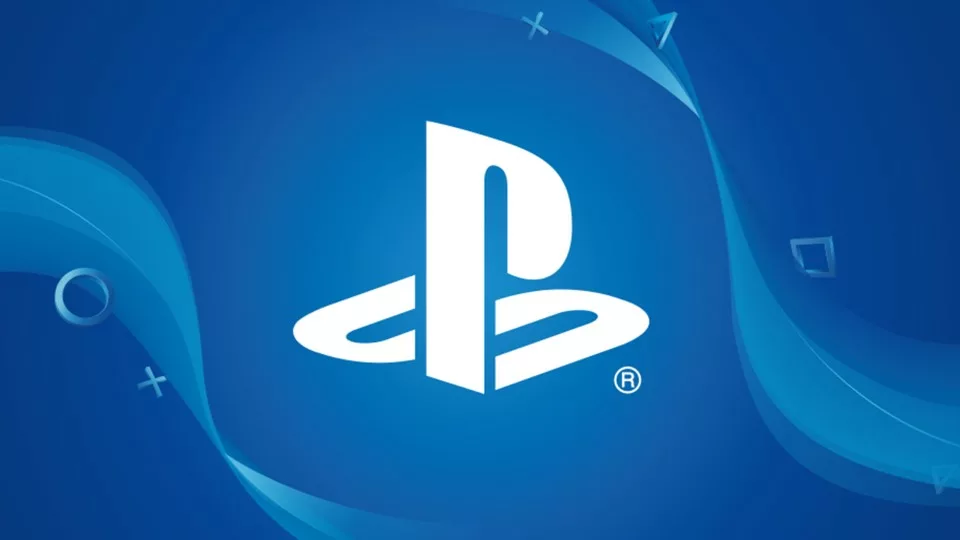Over the past several weeks, Sony has quietly cancelled five of its planned live service games, dealing a major blow to the company’s ambitions in the games-as-a-service space. This mass cancellation highlights Sony’s ongoing struggles to find its footing as it attempts to transition from a traditional AAA single-player focused company into a multi-faceted publisher capable of running successful live service games.
The cancelled titles include a multiplayer mode for The Last of Us Part II, an unnamed multiplayer project by London Studio, a reboot of Twisted Metal, and two unannounced games by Firesprite and Deviation Games. Many of these cancellations came at a late stage of development, resulting in layoffs at studios like Naughty Dog and London Studio, the latter of which shut down entirely.
For Sony, this is nothing short of a crisis. The company had originally planned to release around 12 live service games to compete with juggernauts like Fortnite, Apex Legends, and Destiny 2. But development struggles forced Sony to scale that back to just six titles. With five games now cancelled, Sony’s live service portfolio has essentially imploded.
The Dream of Games-as-a-Service
Sony’s troubles began a few years ago when the company realized its traditional single-player AAA releases were no longer as profitable in a world dominated by service-based games. Blockbusters like Marvel’s Spider-Man were not generating enough revenue to justify ballooning development budgets. Live service games, with their continuous revenue streams and ability to keep players engaged for years, seemed like the natural solution.
Sony wanted to transition into a publisher capable of releasing the next big live service hit. But this proved difficult, as seen by the cancellations. Sony’s strength has always been in crafting narrative single-player experiences, not operating ongoing multiplayer worlds. The company found itself out of its depth.
Some fans see the cancellations as a positive, as it will refocus Sony on story-driven games. But giving up on live service games may be unwise in the long run. As budgets climb higher, Sony needs alternate revenue streams. Their ambitions, while perhaps premature, were not necessarily misguided.
Picking Up the Pieces
For now, Sony finds itself regrouping after misjudging its ability to compete in an unfamiliar market. It remains to be seen how many of the remaining live service projects will actually see the light of day. Sony will likely need to take a more measured approach going forward, leveraging outside partners and expertise rather than relying solely on internal studios.
With Sony’s foothold in the games-as-a-service market evaporating, the company may need to pursue acquisitions to inject new talent and IP. But identifying the right targets that fit Sony’s portfolio presents its own challenges.
Ultimately, Sony’s cancellation spree highlights the difficulties of evolving from a traditional gaming company into a multiplayer service provider virtually overnight. Sony will need to learn from these failures as it charts a new course. Transitioning to games-as-a-service requires patience, not a rushed sea change. For now, Sony’s live service dreams remain just that—dreams.
